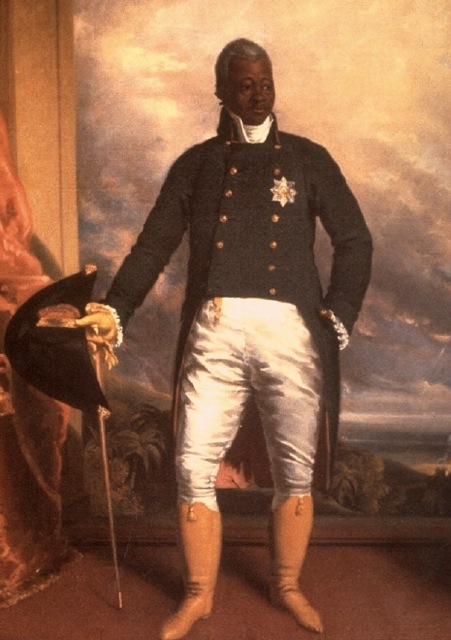Mar
28
These Three Kings
Posted by: | March 28, 2010 | Comments Off on These Three Kings
Okay. A comparison of three meccas in Latin American literature: Leyendas de Guatemala by Asturias, El reino de este mundo by Carpentier, and García Márquez’s Cien años de soledad.
First off, I find that Latin American authors have much to critique in their society: religion, military, government, etc… and they do it with gusto. These authors found ways to write historical accounts or myths critiquing these pillars of society, but each in subtley different ways. Asturias’ tales, although they were myths, still created a connection of trust between narrator and reader. Carpentier took a more historical perspective, while García Márquez weaved the most engaging story (in my opinion), but at times I could not make heads nor tails of the twisted chronology (not to mention the repetitive names!). But whatever the style, each book finds a way to criticize the struggling societies which birthed these authors, albeit through the symbolic nature of history and it’s repeating of itself. Is it less harsh of a critique if the object of insult is placed in the setting of a historical context? I think so, and I also think that it’s a cunning way of passing judgement without being directly at fault…..perhaps an important quality when one looks at the way their governements treat such liberal ideas.
Of course, each author spiced up their dishes with magical realism. I suppose with Asturias this magic was obvious: most myths usually invoke a little harmless magic into their pages….to me, that is what makes them myths. There is something mysterious and inevitably addictive about them. It’s a human condition, I suppose, seeing as all cultures have their own myths to pass down. Carpentier mixed the magic with concrete historical facts; a difficult task not only for the author, but the reader as well. The two contrasting perspectives of the same event often made me discombobulated (good word), but the symbolism within the magical realism was tangible. Gárcia Marquéz throws around the magical realism so much that it almost becomes a joke; nevertheless I still can’t get enough. You’ve probably already guessed that I enjoyed this book the most. I think the man is a genius. The way that he blends “magic”, symbolism, history, and humour is incredible. I’m not saying that he’s the best writer out there, but the talent must be recognized. I never really felt attached to any of the characters, or even that I could relate to them; but ironically their stories will stay with me as if they happened to my best friends. Perhaps this lack of character/reader connection adds to the ‘solitude’ of the book. It was interesting that both El reino de este mundo and Cien años de soledad ended with two characters searching for their place in the world and realizing that they won’t get a second chance at living their dreams. Carpe diem?
In sum, the legends of Asturias intrigued me but left me with little interest in the subject; the ‘kingdom’ of Carpentier was a tad serious for my taste, but it appealed to me enough that I want to read it in English in order to get the full effect; and the solitude of Márquez intoxicated me to the point that yellow flowers clouded my eyelids as I slept.

